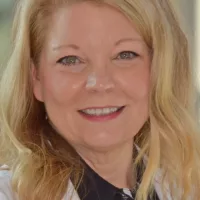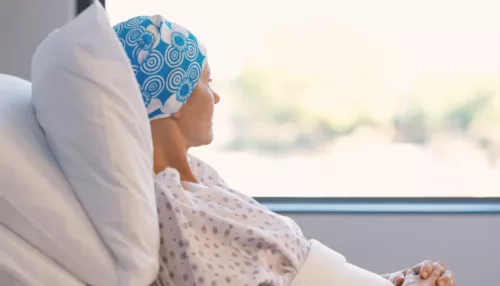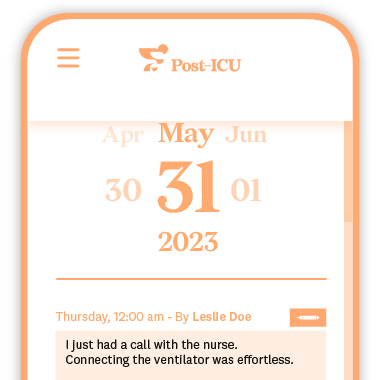In the heart of the healthcare world, where the battle lines between life and critical illness blur, a quiet revolution brews—a movement led by women dedicated to reshaping the recovery landscape for ICU survivors. As we celebrate Women Physicians Day amidst the tenderness of February’s Valentine’s charm, it’s time to spotlight these “Harbourers of Healing,” women who infuse compassion into the rigorous post-ICU journey, turning the healing process into an art form.
In 2018, 29% of PCCM Program Directors, 15% of PCCM Division Chiefs, and 15% of DOM Chairs were women.
The Role of Women in Healthcare Leadership and Post-ICU Care
Compassionate Care in Action: Case Studies

At Griffin Health, Dr. Marya Chaisson’s use of the Post-ICU digital diary exemplifies the power of involving patients and their families in the recovery process. This innovative solution has proven instrumental in mitigating long-term psychological effects experienced by Dr. Chaisson’s ICU survivors, such as PTSD and Post-Intensive Care Syndrome (PICS), offering a more transparent and inclusive care environment.
Check out her work: Post-ICU Use Case: Griffin Health

Sue Stempek, with her leadership at Lahey Hospital and Clinic, has revolutionized the training of advanced practice providers (APPs), enhancing the ICU workforce’s efficiency and expanding its capabilities. Her efforts have been pivotal in responding to the demands of the COVID-19 pandemic, showcasing the critical role of innovative training programs in improving patient care.
Check out her work: The Evolving Critical Care Workforce Crisis: Women Leaders in Critical Care

Dr. Daniela Lamas, a pulmonary and critical care physician at Brigham and Women’s Hospital, emphasizes the importance of addressing the multifaceted challenges of recovery. Through her work, Dr. Lamas highlights the disorienting experiences of ICU survivors, advocating for a recovery process that includes mental health and emotional support alongside physical rehabilitation.
Check out her work: In the I.C.U., Dying Sometimes Feels Like a Choice
Challenges and Opportunities
The path to leadership in healthcare, particularly in critical care, is fraught with challenges for women. Yet, these challenges also present opportunities for innovation and leadership in post-ICU care. The stories of Dr. Lamas, Stempek, and Dr. Chaisson illuminate the potential for female healthcare professionals to lead change, improve patient outcomes, and advocate for compassionate care practices.
Discover how Dr. Chaisson from Griffin Hospital is improving patient outcomes with Post-ICU.
The Impact of Female Leadership in Healthcare
The endeavors of these women illustrate the transformative power of female leadership in the realm of post-ICU care. Through their research, the establishment of specialized clinics, and leadership of multidisciplinary teams, they advance medical knowledge, patient care, and advocate for the rights and well-being of critical illness survivors. Their work is a testament to the importance of a compassionate approach to healthcare, ensuring that recovery strategies are patient-centered and address the full spectrum of patient needs.
Conclusion
As we reflect on the contributions of these remarkable women, it’s clear that the journey to recovery for post-ICU patients is being compassionately redefined. Their dedication, empathy, and innovative approaches not only pave the way for future advancements in post-ICU care but also highlight the significance of empathetic, patient-centered strategies in facilitating recovery. Celebrating their achievements reminds us of the profound impact that compassionate care can have on the lives of patients and their families, promising brighter horizons of hope and resilience.
In an era where healthcare increasingly recognizes the importance of holistic and compassionate care, the stories of these women leaders serve as beacons of hope and innovation. They remind us that at the intersection of medical science and human empathy lies the true essence of healing, a principle that will undoubtedly shape the future of post-ICU recovery and beyond.





